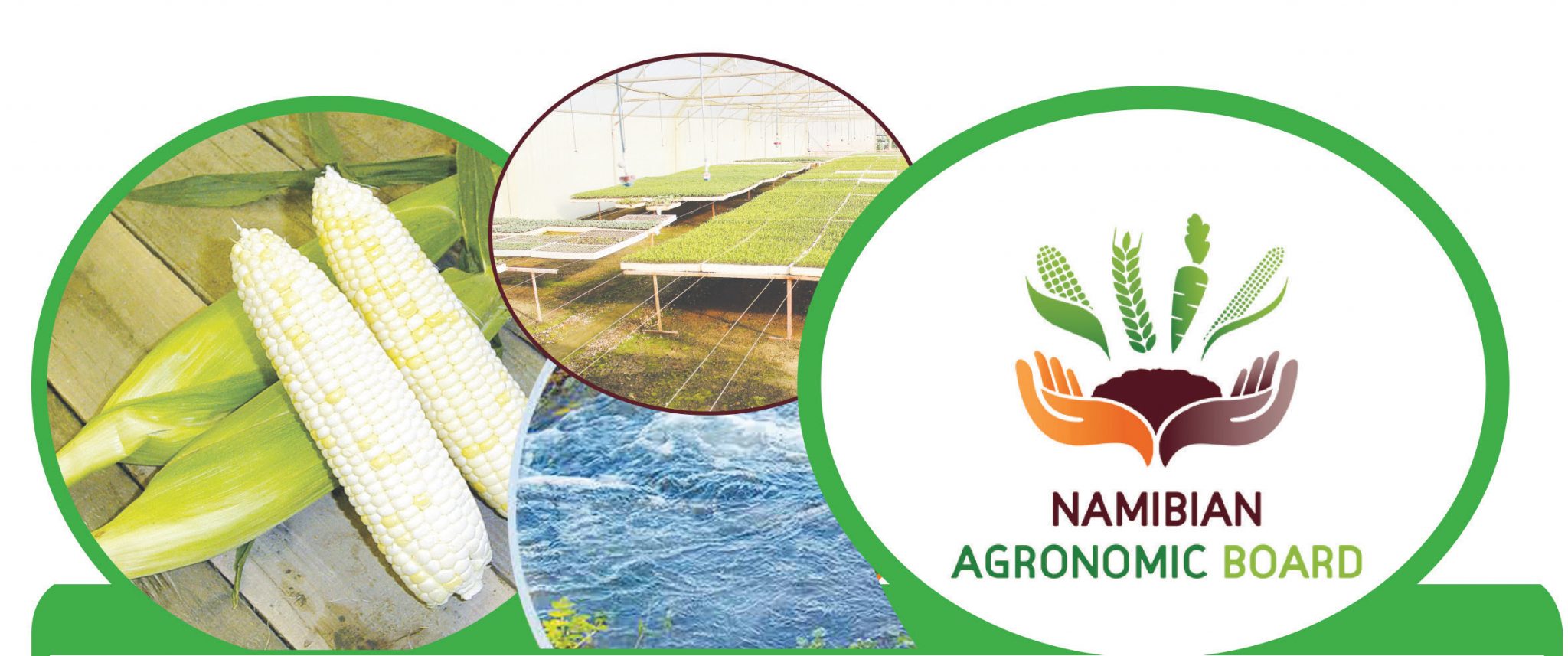
NAB Sowing seeds for practical learning
NAB SCHOOL GARDEN FUNDING PROJECT
The Namibian Agronomic Board (NAB) is a statutory body governed by the Agronomic Industry Act, Act 20 of 1992 and is mandated to promote and facilitate the entire agronomic and horticulture value chain in Namibia (from farm gate to the table).
Despite the challenging times posed by the COVID-19 pandemic, the NAB remains steadfast in serving the agronomy and Horticulture industry as well as ploughing back to the Namibian communities through corporate social responsibility initiatives.
During the 2020/21 financial year, the NAB Board approved an amount of N$1.1 million towards the NAB School Garden Funding Project (SGFP). The project targets to support at least one school garden in each of the 14 regions in Namibia.
The main objectives of this project are to advocate for practical teaching and learning, as well as to inculcate the culture of crop farming in school learners, as future crop farmers. In addition, the project seeks to further supplement the soup kitchen and school feeding maize blend with fresh produce from the gardens to minimize the malnutrition disorder among school learners in Namibia.
The project implementation officially commenced on 23 March 2021 and is anticipated to be completed by Mid-May 2021. Currently, ten school gardens were completed and are in operation. The remaining four school gardens are in progress. The project will benefit approximately 6000 learners in total who are currently supported by school feeding maize blend. The NAB will only fund the initial capital requirements of the project, afterwards, the beneficiaries will be expected to sustain their gardens by selling surpluses to the surrounding communities.
To ensure inclusivity and a fair selection process of the 14 schools funded by the SGFP. The NAB requested the Ministry of Education, Arts, and Culture (MoEAC) as the main custodian of schools to nominate at least three potential schools to be assessed per region in line with NAB nomination guidelines. Hence, a total of 42 schools were nominated for assessment. The NAB and MoEAC conducted assessment visits to all 42 school gardening sites during November 2020 to select the 14 schools that will benefit from the school garden funding initiative. The selection criteria mainly focused on schools with the most vulnerable children in the region, schools that have agriculture as a subject, with an existing and active school garden as well as, agriculture teachers that were most passionate about gardening amongst others criteria.
The selected schools are as follows; Origo PS (Hardap region), Gobabis PS (Omaheke region), St. Therese SS (//Karas region), Aus Ps (Khomas region), Oshinamumwe Cs (Oshikoto region), Ondeikela CS (Ohangwena region), Onawa SS (Omusati region), Okaquati CS (Kunene region), Coastal High school (Erongo region), GK Wahl CS (Otjozondjupa region), Nkurenkuru CS (Kavango-West), Divundu CS (Kavango-East region), Schuckmansburg CS (Zambezi region) and Iihenda SS ( Oshana region).
Depending on the unique gardening needs identified during the field assessment period, the project will mainly equipt school gardens with 200m2 Greenhouses, Automated and timed drip irrigation systems, water tanks, and stand, gardens tools, seedling stand, and supply of production inputs such as planting materials (seeds & seedlings), organic fertilizers and organic pesticides. The project package also includes on-site practical training for learners and teachers involved in the garden activities, first planting service, and continuous virtual mentorship services for a period not less than three months until the schools attain their first harvest. Moreover, NAB and MoEAC will be conducting monitoring and evaluations on three-month intervals to ensure technical inefficiencies are corrected promptly and that non-performing school gardens receive technical support on time.
This project is one of many initiatives driven by the NAB in working towards increased food production and national food security in our country. The NAB remains committed to being a world class regulator of a vibrant, diversified and sustainable crop industry.
